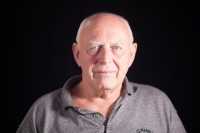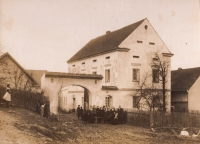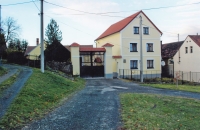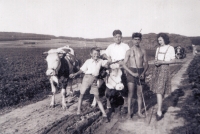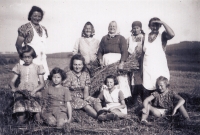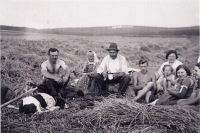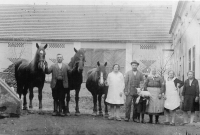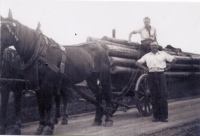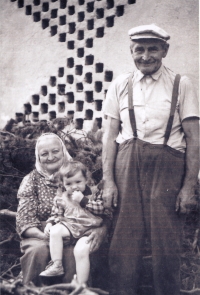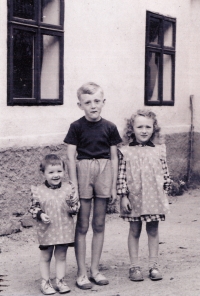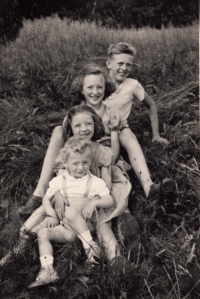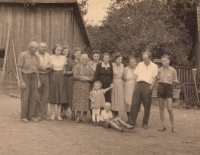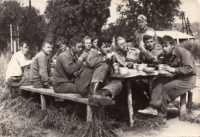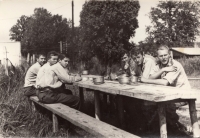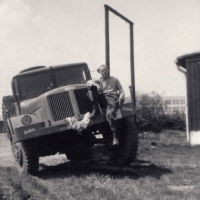I inherited the EN land from my ancestors

Download image
Jan Kreysa was born on August 5, 1947 in Holýšov to a family of mining measurer as the first of four children. His father came from an old farmer´s family, which had a farm in Horní Kamenice. He attended an elementary school in Holýšov. He spent all his free time with his grandfather at the family farm. He experienced turbulent events in the collectivization of rural areas and his grandfather’s forced entry into the Unified Agricultural Cooperative (JZD) in 1958. He received further education at the Secondary Agricultural School in Horšovský Týn. He graduated with average grades in spring 1966. In the same year he began his studies at the University of Agriculture in České Budějovice. In 1967 he took part in a study exchange programme in the Soviet Union and worked in the Agricultural Institute in Rostov-on-Don. He participated in the students movement. After Jan Palach’s death, he organized the departure of an extra train for the funeral. The Communists used it as one of the reasons for his exclusion from the fourth grade in the autumn of 1969. After being forced to leave school, he joined a construction company as a driver. In 1970 he was forced to join the road troops for two years. He spent many days in a departmental prison for offenses against the military order. After returning from the military service he joined the State Farm Domažlice. Here he met his future wife. In 1975 he changed the employer and he started to work for JZD Staňkov. A year later he was given permission to complete his education at the University of Agriculture in Prague. The Kreys had the only daughter. He became a recognized expert in agriculture. He was persecuted for his opinions in the 1980s. He welcomed the events of 1989 with satisfaction. He left the agricultural cooperative in 1991 and started his own farming. In his free time he traveled and kept horses. He retired in 2010. He cut down on farming, sold machines and assigned most of the land to his brother. He is currently helping his brother, repairing on the farm, taking care of pets, taking care of the collection of tractors and traveling. Life optimism gives him a firm belief in God.
